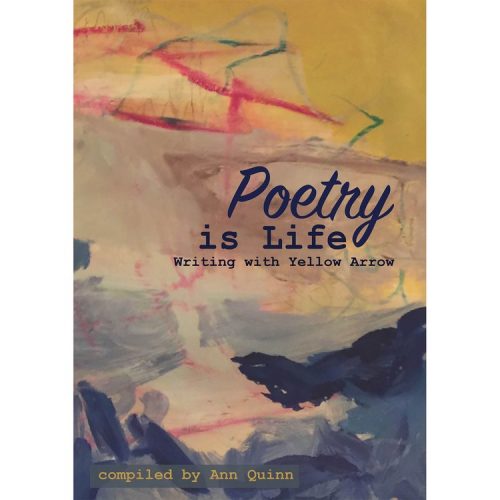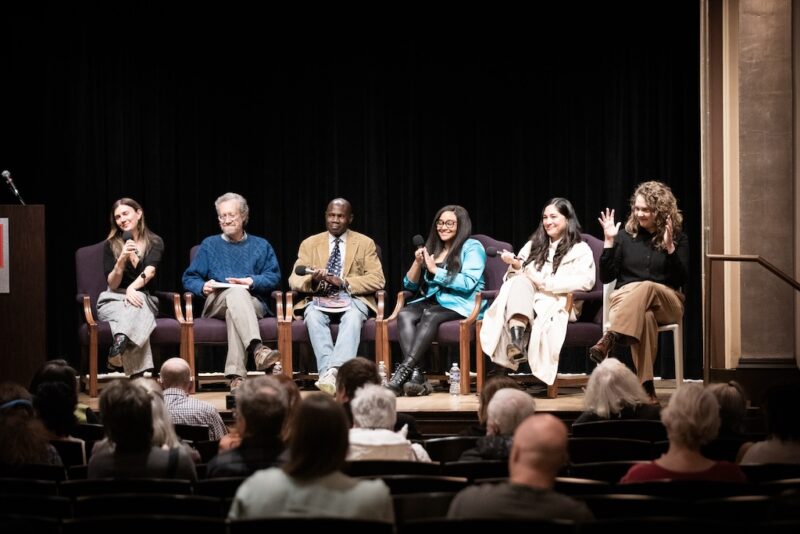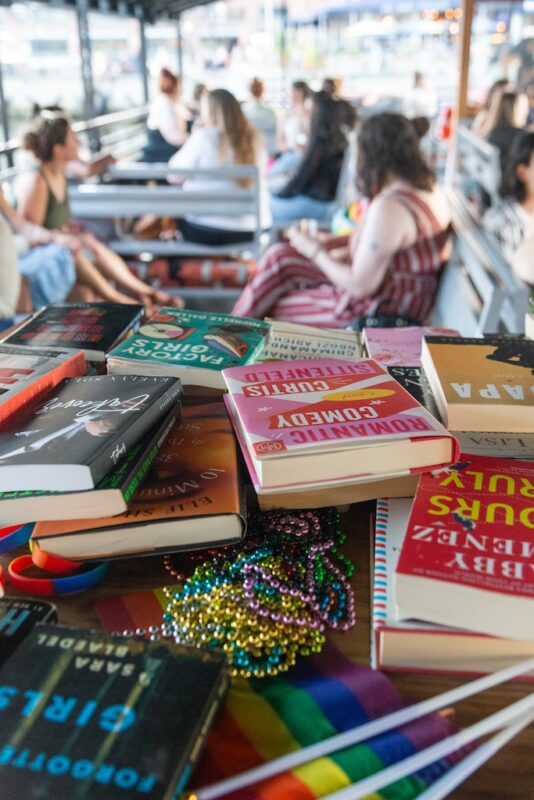4. BBC: South Georgia: The museum at the end of the world reopens for business
Initially when reading this, I was captivated by the idea of visiting the South Georgia Museum, on a remote island just above the Antarctic circle. The first few paragraphs note that the island, which historically was a whaling port, has “no native population” and that the museum’s mostly UK-based staff “must come from abroad when it opens for the southern hemisphere summer.” Museum staff interviewed for this article share the pandemic’s impact on visitors, the virtues of living without a stable internet connection, and how the Scotland-based South Georgia Heritage Trust, which funds the museum, has helped endangered wildlife populations rebuild on the island.
South Georgia has been a British island since the 18th century, when Captain James Cook claimed it. Early 20th-century Swedish explorers gave the town where the museum is now located, Grytviken, its name. Around then, Norwegians established a whaling station in the town, where for the next 60 years they processed whale meat, blubber, and bones until the whaling industry “had burned itself out.” According to Alison Neil, chief executive of the heritage trust, the now-recovering animal population is “to a very large extent down to the fact it’s being looked after by the UK.” This statement, however, feels disingenuous; presenting the UK as a savior without acknowledging that those animal populations were decimated while the island was under British rule is dismissive of the impacts of imperialism and industrialization.






